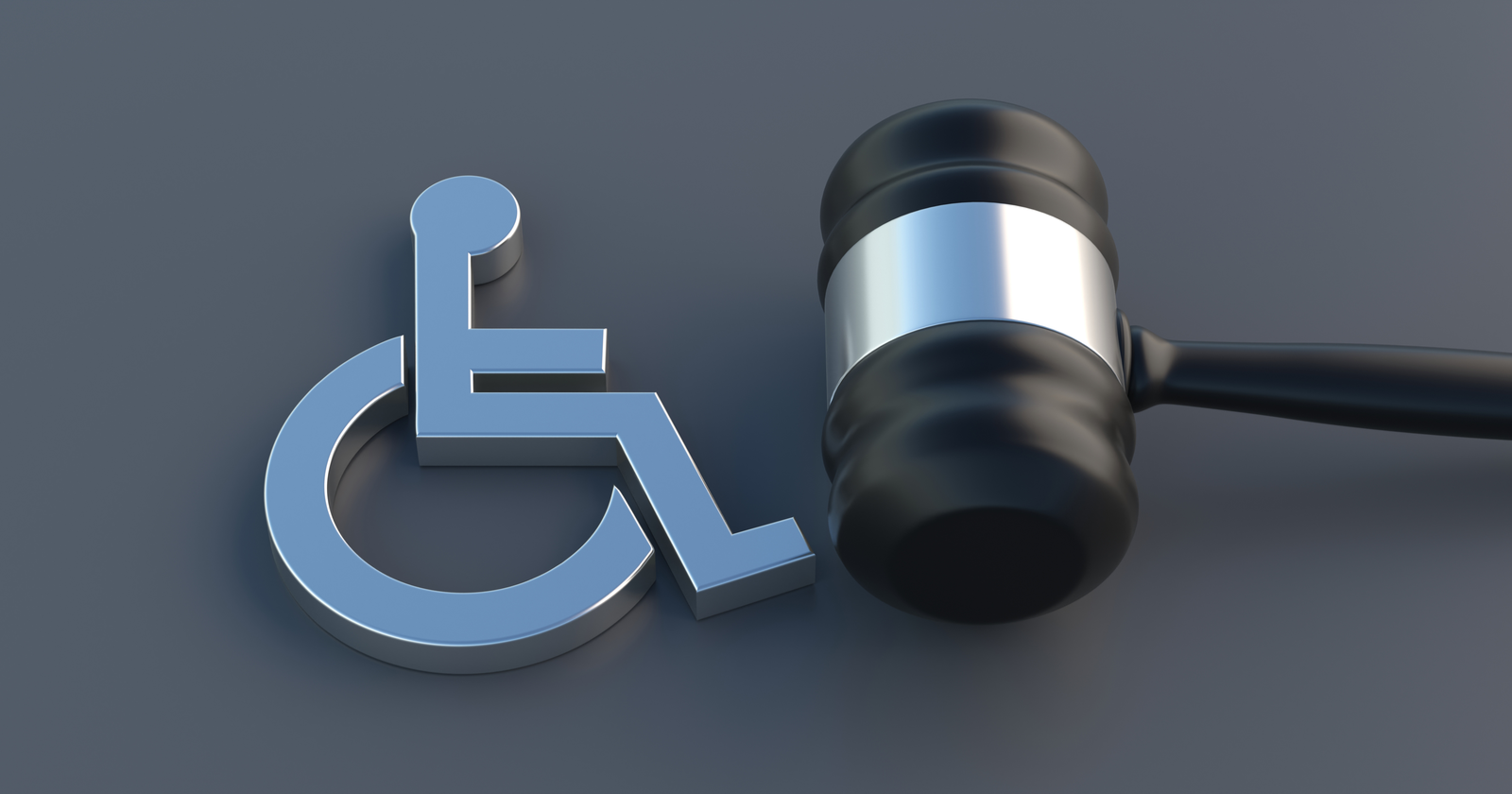Why it matters: A ruling given by the Ninth Circuit Court of Appeals marks the first time that the Title III of the ADA civil rights law was applied to a business' website or mobile apps. The company in this case was Domino's Pizza, whose appeal against the ruling was later rejected by the Supreme Court, allowing visually impaired Guillermo Robles to sue the pizza chain for its obstructive website and app, which prevented him from ordering food.

Although Domino's likes to embrace technology for better customer experiences, the pizza chain's website recently became the subject of a lawsuit when it was found to be inaccessible for the disabled.
The case was started by a blind man named Guillermo Robles, who sued Domino's after being unable to order pizzas from the company's website and mobile app despite using screen-reading software.
Robles used the "Job Access With Speech" or JAWS, a screen-reading program available on Windows that processes graphics or embedded links on websites with alternative text (alt text). However, Robles' attorneys pointed out that Domino's website did not have this accessibility feature at the time he tried to use it.
Robles also tried the Domino's app with his iPhone's built-in VoiceOver screen-reading feature but his lawsuit says that the unlabeled buttons found in the app made it nonconforming to Apple's iOS accessibility guidelines.

His attorneys argued in light of the ADA civil rights law, particularly Title III, labeled Public Accommodations and Commercial Facilities:
Title III prohibits discrimination on the basis of disability in the activities of places of public accommodations (businesses that are generally open to the public and that fall into one of 12 categories listed in the ADA, such as restaurants, movie theaters, schools, day care facilities, recreation facilities, and doctors' offices) and requires newly constructed or altered places of public accommodation—as well as commercial facilities (privately owned, nonresidential facilities such as factories, warehouses, or office buildings)—to comply with the ADA Standards.
The Ninth US Circuit Court of Appeals went in favor of Robles and ruled that the "alleged inaccessibility of Domino’s website and app impedes access to the goods and services of its physical pizza franchises—which are places of public accommodation."
Domino's appealed against this ruling with the Supreme Court, which denied the petition on Monday and left the lower court's decision in standing.
Domino's defended its position by stating that the ADA does not apply to online platforms that were not envisioned when the law was passed in 1990. Furthermore, it stated the "impossibility of guessing what accessibility means in the online environment" and the need for federal standards in making websites and mobile apps accessible.
The company's attorneys also noted that this case prompted several other plaintiffs that will "deluge courts within the Ninth Circuit with accessibility suits," and that in such cases "defendants settle or drop online offerings rather than shouldering heavy costs to achieve an elusive level of accessibility."
The decision was "the right call on every level," said Robles' attorney. "The blind and visually impaired must have access to websites and apps to fully and equally participate in modern society - something nobody disputes," he said.
Domino's issued a statement expressing its disappointment over the Supreme Court's decision and said that it looks forward to presenting the case at trial court.
https://www.techspot.com/news/82239-blind-man-sues-domino-pizza-over-website-accessibility.html


